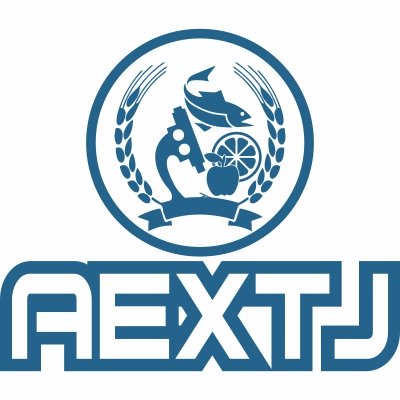Comparative Analysis of the Training Needs and Job Performance Constraints among Field Extension Agents in Abia and Akwa Ibom States, Nigeria Comparative Analysis of the Training Needs and Job Performance Constraints among Field Extension Agents in Abia and Akwa Ibom States, Nigeria
Main Article Content
Abstract
Comparative analysis of the training needs and job performance constraints among field extension workers in Abia and Akwa Ibom States was studied. The study utilized both primary and secondary data collected through structured questionnaire and analyzed using both descriptive and inferential statistics. The sample size comprised 112 extension agents drawn from Abia and Akwa Ibom States. Data analysis involved descriptive statistics such as frequency counts, percentages, means, and z-test. Result of data analysis shows that enumeration areas (EAs) in Abia and Akwa Ibom States had greatest needs for training in livestock management on construction of pen with mean scores of X = 3.70 and X = 3.79; in fishery practices, site selection for pond construction (X = 3.88) and (X = 4.02); in extension message delivery, the greatest needs were on Small Plot Adoption Techniques (SPATs) establishment with mean scores of X = 4.46 and X = 4.43; in soil science, they had need for training in fertilizer application methods (X = 4.25) and (X = 4.36); and in Agroforestry, there was greatest need in establishment of snail farm (X = 3.92) and (X = 3.61) for Abia and Akwa Ibom States. In agronomic practices, there was great need for training in site selection and land preparation (X = 4.46) and (X = 4.46) in Abia and site selection (X = 4.48) for Akwa Ibom State. In Abia State, 96.4% of EAs perceived lack of tangible facility for movement on the field as their major problem, followed by 92.9% who perceived irregular supply of On-Farm Adaptive Research inputs as a major problem. Furthermore, irregular supply of SPAT inputs was seen as a major problem by 91.1% of EAs in Abia State Agricultural Development Programme (ADP), whereas in Akwa Ibom State, the sampled EAs perceived their major problems to be poor input backup, lack of extension kits, irregular payment of mobility allowance, and irregular supply of SPAT inputs with percentages of 98.2, 98.2, 96.4, and 96.4, respectively. The implication is that Akwa Ibom EAs perceived more problems than EAs in Abia State as seen in their percentages of responses. The null hypothesis of no significant difference between the training needs of field extension workers in Abia and Akwa Ibom States ADPs was rejected since z-calculated 3.668 for EAs was greater than z-tabulated (1.658). Necessary recommendations were made based on findings.
Article Details
This is an Open Access article distributed under the terms of the Attribution-Noncommercial 4.0 International License [CC BY-NC 4.0], which requires that reusers give credit to the creator. It allows reusers to distribute, remix, adapt, and build upon the material in any medium or format, for noncommercial purposes only.
